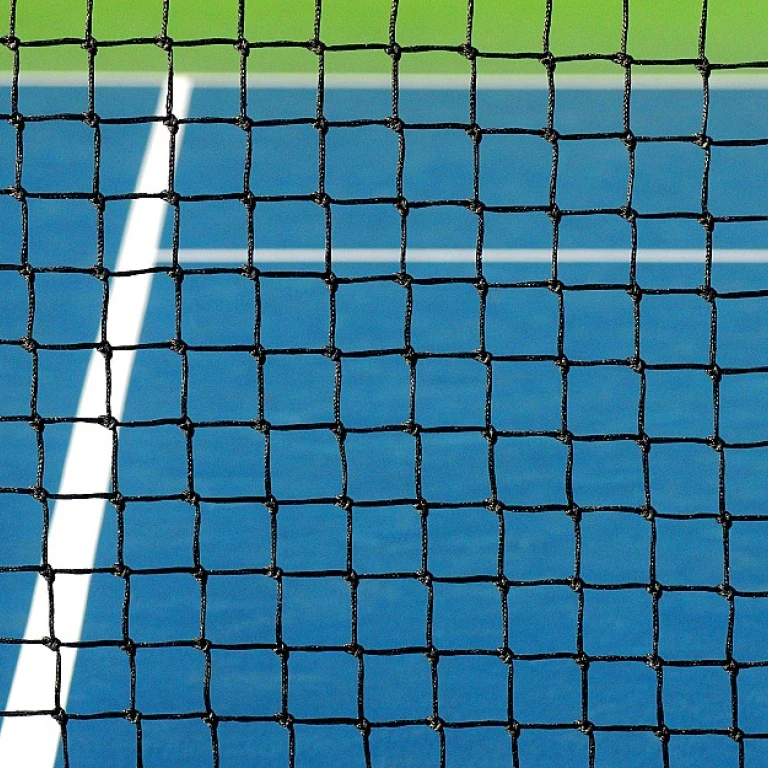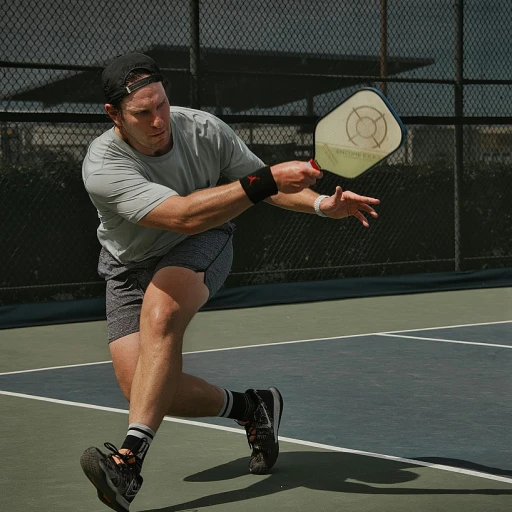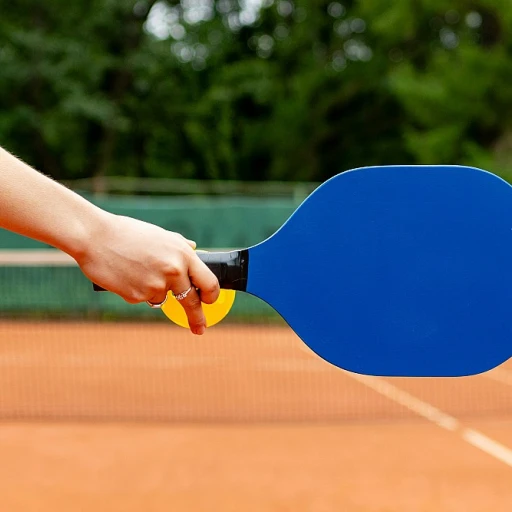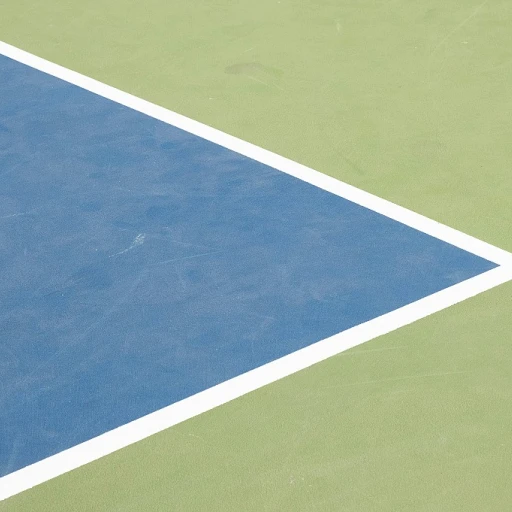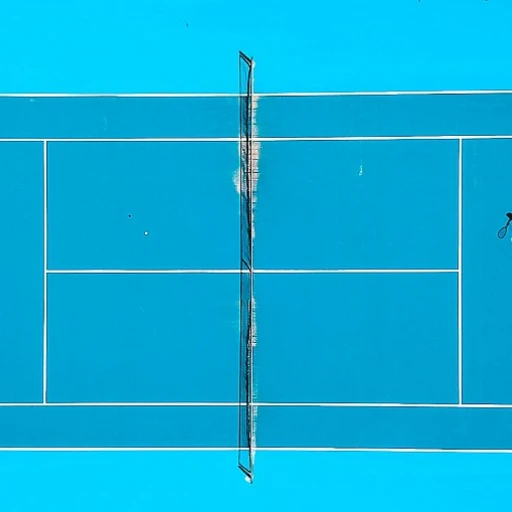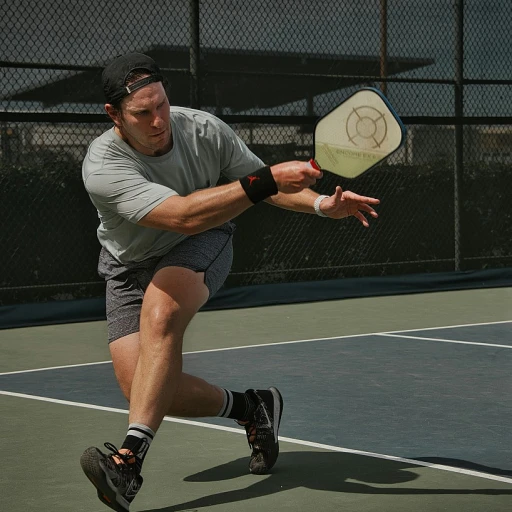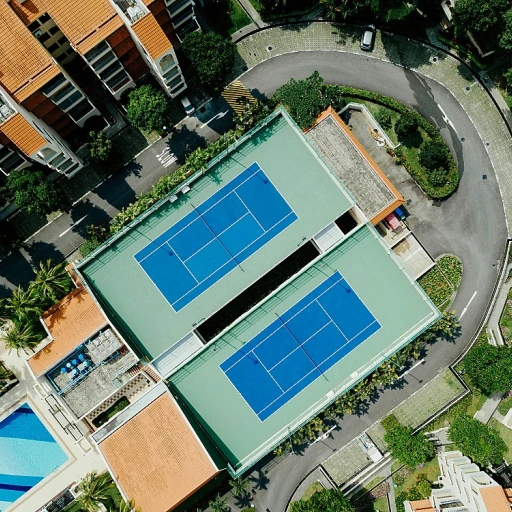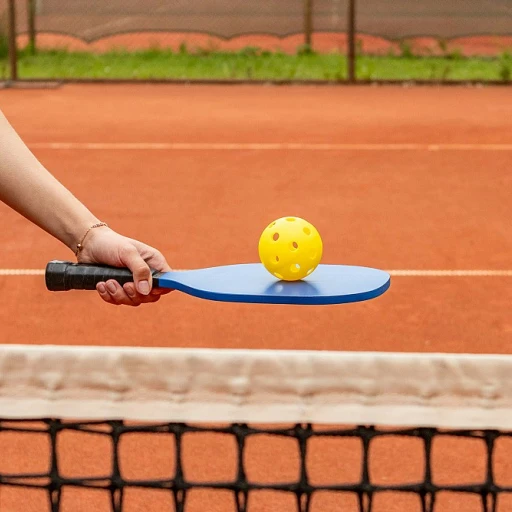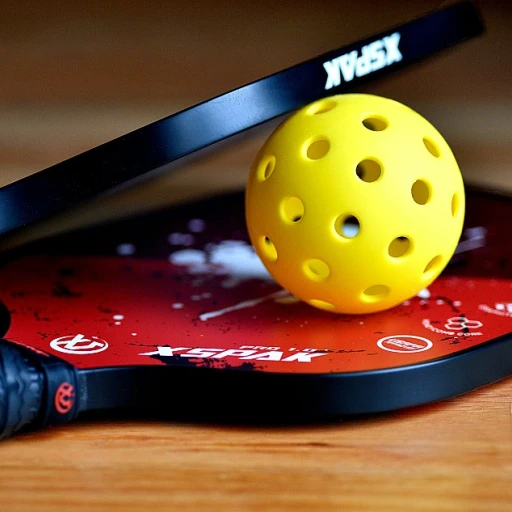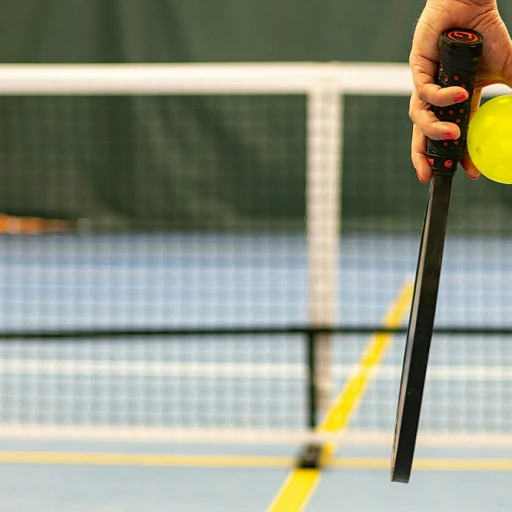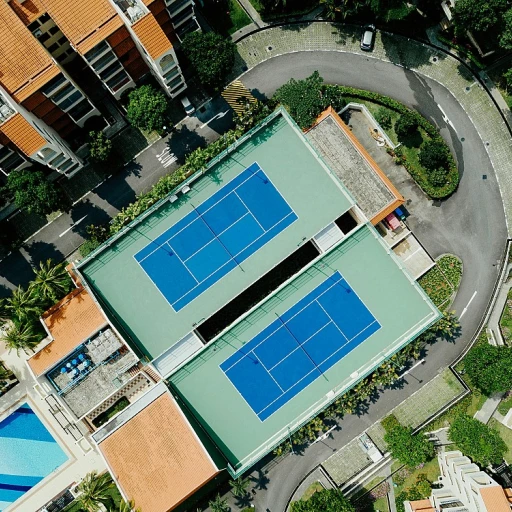
Understanding Pickleball Open Play
What is Open Play?
Pickleball open play offers a valuable opportunity for players of varying skill levels to engage in the game without the constraints of formal match setups. Understanding this concept is essential for anyone looking to dive into the dynamic world of pickleball. Open play typically involves multiple players rotating on and off the pickleball courts, fostering a casual yet competitive environment that enhances skills and fitness.The Flexibility of Pickleball Open Play
One of the defining features of open play is its flexibility. Unlike scheduled matches or leagues, players can often drop in at their leisure, making it a convenient option for those with fluctuating schedules. Whether at an indoor center or outdoor park, these sessions offer the freedom to just show up and play. This structure is particularly appealing for both newer players and seasoned enthusiasts looking to enjoy the sport without the need to buy tickets ahead of time.Applying the Rules and Game Etiquette
While the informal nature of open play is a significant draw, understanding the basic rules and court etiquette remains essential. Participants are generally expected to adhere to the standard rules of pickleball, yet open play environments often allow for a more relaxed approach to skill level mismatches. For newcomers, it provides a chance to call upon more experienced players for guidance and grow in the sport organically. For a deeper understanding of why some aspects of open play might not always function as intended, this discussion sheds light on potential pitfalls and solutions. As the pickleball community continues to expand, both indoor pickleball and outdoor courts in various venues, such as local tennis clubs or community parks, play significant roles in facilitating open play experiences. Watching these locations and familiarizing oneself with local play times can significantly enhance one's experience and enjoyment of the game.Benefits of Participating in Open Play
The Many Advantages of Joining Pickleball Open Play
Participating in pickleball open play sessions brings an array of benefits that go beyond merely hitting the courts for a game. Engaging in these dynamic sessions can greatly enhance the playing experience for individuals at all skill levels.- Free and Flexible Playtimes: One of the standout benefits of open play is the flexibility it offers. Many parks and recreation centers organize free or low-cost open play sessions, allowing players the chance to indulge in pickleball without needing to buy tickets or schedule play ahead of time. This ease of access, both for outdoor and indoor pickleball enthusiasts, means that you can drop by a tennis pickleball court as your schedule permits.
- Social Interaction and Community Building: Open play is not only about the game. It fosters an environment where players can build and expand their social circles through friendly matches. By interacting with various players on pickleball courts—be they seasoned veterans or complete beginners—participants can cultivate friendships and a sense of community centered around shared interests.
- Skill Development Across Various Levels: Engaging with players of varied skill levels allows for multiple learning opportunities. Playing against stronger opponents provides a chance to understand advanced strategies and techniques. Conversely, assisting newer players helps reinforce foundational skills, offering a comprehensive improvement pathway for all participants.
- Boosting Mental and Physical Well-being: Regular participation in open play can lead to noticeable health benefits. The sport provides an excellent workout, improving cardiovascular fitness, coordination, and mental acuity. Furthermore, the camaraderie developed on the court can significantly boost emotional well-being.
Despite its numerous benefits, some challenges can arise during open play sessions, particularly in managing player dynamics and court availability. However, by fostering a cooperative environment and adhering to agreed-upon play rules, these issues can often be resolved amicably. For a deeper dive into handling some of these challenges, you might consider exploring why open play might face difficulties and potential solutions.
Strategies for Success in Open Play
Mastering the Art of Engaging Play
Excelling at open play in pickleball demands more than just understanding the basic rules of the game. It requires a strategic approach to navigate the diverse player dynamics. Whether playing on indoors or outdoors, understanding pickleball courts dimensions and rules will help in adapting your game to various conditions. Free indoor facilities often have adjusted game dynamics due to space constraints, while park pickleball might have varying conditions depending on the time of day and weather.
- Understand Court Dynamics: In both tennis courts modified for pickleball and dedicated pickleball courts, positioning is key. Adjust your playstyle to the available space.
- Skill Level Adaptation: Playing against different skill levels requires flexibility. You'll often call on different sets of skills when engaging with more advanced players versus beginners.
- Communication is Key: A crucial strategy in open play is effective communication with your partner and your opponents. This helps in coordinating movements, setting play tactics, and avoiding conflicts.
- Adapt to Play Times: Many facilities have established peak play times, especially in indoor pickleball settings. Scheduling to buy tickets or arranging to drop into open sessions ahead of time can lead to more consistent practice sessions.
- Leveraging Resources: Consider joining a pickleball club or participating in recreational centers offering pickleball tennis. This facilitates access to outdoor and indoor pickleball facilities, while promoting interaction with a community of players that share similar interests.
For those seeking to integrate into the world of pickleball beyond open play, exploring organized competitions, such as the USTA pickleball league, offers a structured pathway for personal progression and enhanced competition.
Navigating Different Skill Levels
Mastering Skill Variability
Navigating different skill levels in pickleball open play can be both enriching and enlightening. Open play welcomes players of all calibers, from novices testing their first serves to seasoned players finessing their spin shots. Understanding these dynamics is crucial for an enjoyable experience on the court. Transitioning between various skill levels requires adaptability. As you engage in open play, observe your fellow players, noting their strengths and areas that might benefit from constructive feedback. This observation phase is a great time to learn and understand the games from a diverse perspective. Pickleball courts, whether indoor pickleball venues or outdoor park spaces, can have differing accessibilities and play times. For instance, older courts might have lines for both tennis and pickleball, which can sometimes be confusing if not marked distinctly. Familiarize yourself with these intricacies as they can influence play flow, and alter it in some cases. When playing at a new center or park, inquire ahead of time about open play schedules and rules, as well as any advance arrangements, like the need to buy tickets or reserve play times. Such preparation ensures a seamless experience, allowing you to focus entirely on the game. Drop-in pickleball provides a great way to experiment with mixed-level play. By mingling skill levels, it encourages players to adjust their strategies in real-time, boosting both awareness and adaptability on the court. Recognize these chances to refine your play; each game is an opportunity to grow. Decoding such variability can initially seem daunting but remember, the essence of open play lies in its inclusivity and the chance to learn from every paddle swung. As you align with the diverse skill level spectrum, it opens up a broader understanding of strategic play, enriching your pickleball journey immeasurably.Building Community Through Open Play
Creating Connections on the Court
Pickleball open play offers a unique environment that encourages interaction and fosters relationships among players. When you find yourself on the pickleball courts, meeting others becomes an inevitable and enjoyable aspect of the game. Whether you're playing indoors at a local center or enjoying park pickleball at an outdoor venue, the connections forged during open play often extend beyond the court.Engaging with different players enhances your understanding of the game and enriches your social circle. Diverse skill levels are part of the open play environment, creating an inclusive atmosphere where everyone has the opportunity to learn and grow. As you accustom yourself to different play times and locations—be it a tennis pickleball court or an indoor pickleball facility—you'll encounter a mix of seasoned players and beginners eager to improve.
Moreover, the communal aspect of open play can lead to the formation of lasting friendships and even spark interest in joining a pickleball club. These clubs often have organized events, such as tournaments or social gatherings, allowing enthusiasts to further immerse themselves in the pickleball community. Being part of a club also provides an avenue to play pickleball more regularly, offering additional play times and access to reserved courts.
You can easily navigate the landscape of different skill levels by adopting a flexible mindset. Understanding that each game serves as an opportunity to connect with fellow players, you can appreciate the diversity each participant brings to the game. Whether enjoying a free indoor session or playing outdoors, the inclusive nature of open play is designed to build a supportive pickleball community. Ultimately, the emphasis on camaraderie is what makes open play a cherished experience in the world of tennis pickleball.

